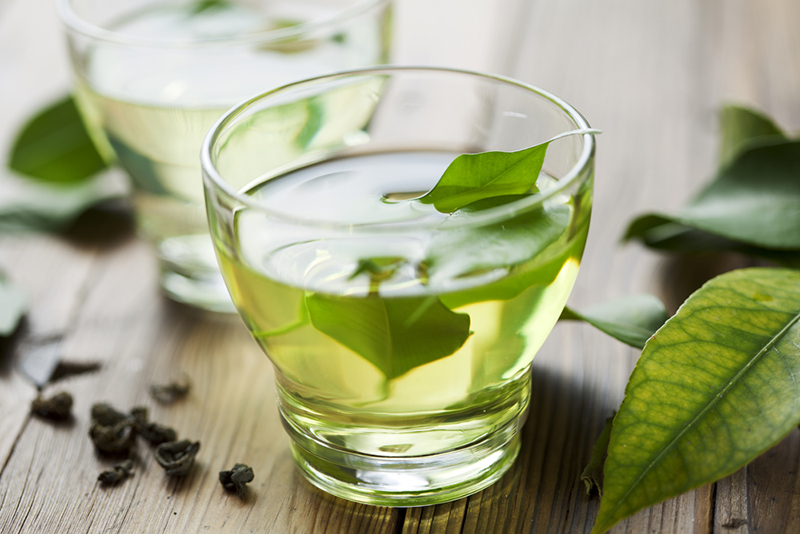

Green tea, unsweetened, is one of the most healthy options when it comes to choosing a beverage.
We’ve read through the literature to make sense of the science that proves green tea is good for us. Put simply, there a lot of good things in it that are good for our bodies.
However, researchers are quick to point out that green tea is not a “magic bullet”. The general consensus is there are multiple proven benefits and no obvious negative side effects so, if you like it, drink up.
It’s full of antioxidants
According to Harvard Medical School, green tea is packed with plant-derived antioxidants called flavonoids.
“The antioxidants in green tea can help block the oxidation of bad cholesterol, increase good cholesterol and improve artery function,” researchers said in a statement.
Studies show an increased intake of flavonoids may also reduce the risk of cardiovascular disease which is why green tea is highly recommended by the Heart Foundation.
It found Australians drink already around 2,000 tonnes of it a year (comparatively we drink 14,060 tonnes of black tea) and suggests drinking green tea regularly as part of a healthy diet.
Cancer-fighting properties
Harvard researchers have found green tea is the best-known food source of catechins which “in test tubes … are more powerful than vitamins C and E in halting oxidative damage to cells and appear to have other disease-fighting properties”.
Oxidative damage prevents cells from functioning normally which can lead to organ damage and cause a wide-range of illnesses including cancer.
According to Harvard Medical School studies have found an association between consuming green tea and a reduced risk of developing several cancers, including, skin, breast, lung, colon, esophageal and bladder.
As explained by Alex Roberts in the Huffington Post: “The most notable catechin found in green tea is EGCG (epigallocatechin gallate), which is believed to possess some powerful properties in the fight against cancer-causing carcinogens.”
Trial treating early stage leukemia
The Mayo Clinic is part-way through a “promising” trial which is using green tea extract to treat chronic lymphocytic leukemia.
“Laboratory research determined that … EGCG can kill chronic lymphocytic leukemia cells,” it explained.
“In a study of people with early-stage chronic lymphocytic leukemia, taking EGCG in pill form reduced some signs of the disease.”
Not all green tea is the same
There are many types of green tea, so which do you choose? The advice from experts is that not all green teas have the same health properties. It comes down to quality.
Here’s a handy product review which analysed a few brands available in Australia, revealing varying degrees of potency.
Play it safe, read labels and make sure you’re getting a product that’s 100 per cent natural.
Flavoured green teas may have other dried elements like jasmine flowers, which are fine, but avoid teas which have sweeteners and artificial flavours added.




